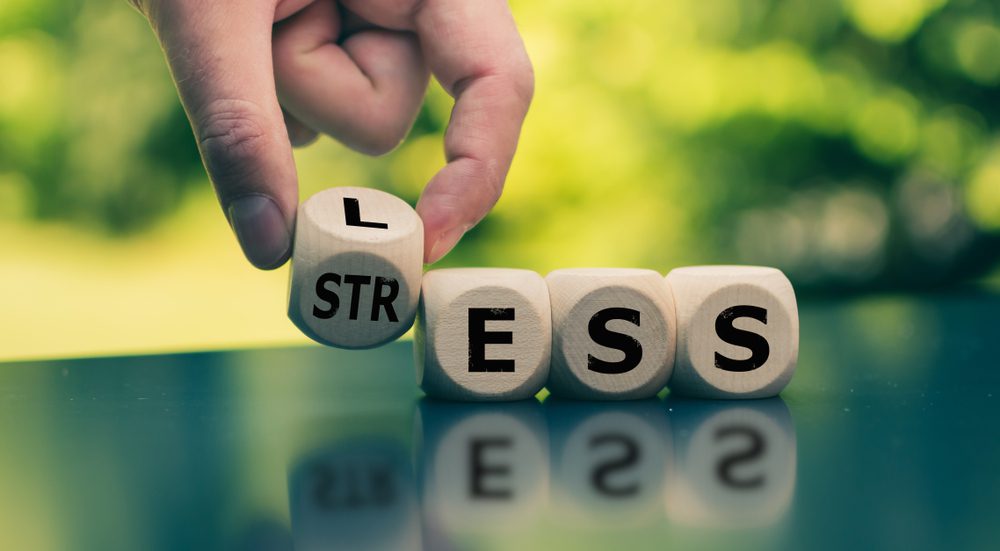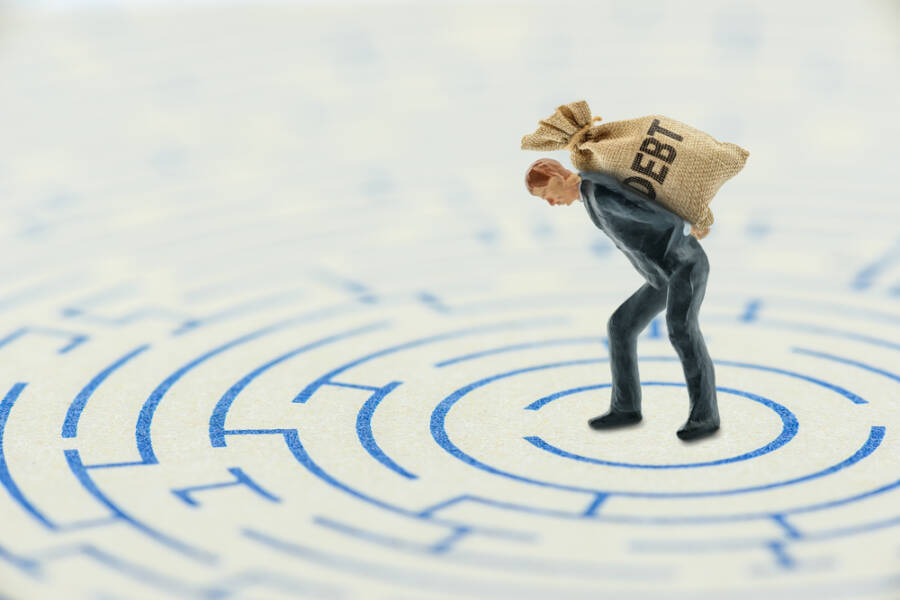What happens when you start spending less money?
It’s a common misunderstanding that living frugally and below your means will make you feel unhappy, even depressed, and unsatisfied with life. If you were used to splurge yourself with weekly shopping sessions and meals at fancy restaurants, doing without these things can be a difficult adjustment.
However, the payoff is much more worthwhile than you would think. In fact, you’ll be surprised at how much money you can save by living below your means.
To make this work, you need to spend less to have money left over each month. This effort requires discipline and dedication, and you’ll have to leave your habit of impulse spending at the door.
Here are 8 things you’ll notice when you start spending less money!

1. You didn’t need that purchase
“Yes, but if I buy that dress and wear it on most occasions I go out for dinner, it would have practically paid for itself!”
Yes, we’ve heard this one a lot, and you’ve probably told yourself the same a couple of times. Sure, that new jacket, pair of shoes, or dress looks irresistible and tempting in the shop window. But think of it: you’ve gone your entire life without that piece of clothing or those shoes and have done just fine so far.
The truth is, you’re doing nothing more than becoming a victim of very smart marketing tactics. You don’t need to purchase half of the items that you do.
So, the next time you see the next “must-have” item, just walk by it. Not only will you be spending less money, but you’ll also be surprised at how quickly you’ll forget that such a thing even existed.
2. Sacrifice isn’t as painful as you initially thought
Spending less money probably sounds like a horrible thing. Often, people think that no longer making certain purchases will be too tiring, stressful, and boring to comprehend.
While for some it may be this way, it helps to know that sacrifice comes with many benefits. If you’re worried about making sacrifices, maybe you should start spending less money on baby steps.
For instance, if you make it your mission to survive without that morning coffee, you’ll be surprised to discover that you stop missing your dose of caffeine altogether after a week or so.
Here’s a piece of advice that it may help during this journey: Buy only what you need, save the rest, and only treat yourself once you’ve completed a financial goal.

3. Less stress
Start spending less money, and you’ll see that there’s less stress in your life. One of the good things that come with living below your means is the emotional benefit. People who spend more than they earn are often left at the end of the month wondering how to make ends meet.
When you live frugally, you always start the month by organizing your finances and setting money aside for the essentials. If you do this, there will be no more stress about the last week’s grocery shop, that unexpected bill, or whether you can afford to buy lunch at work.
The emotional relief of knowing for sure you have the basics covered will feel very good.
4. A healthier bank balance
Another thing that happens when you start spending less money is that you will obviously see bigger numbers on your bank balance. This is definitely a source of great joy and happiness.
Watching your bank balance grow will give you a great sense of pride. Not only are you on top of your debts and bills, but your bank manager is also happy. Withdrawing cash is no longer a game of chance. You know that if you need it, the money is there.
You may also notice that as your money goes up, you’ll be less likely to spend it. Psychologically, seeing big numbers on the screen somehow motivates you to make that amount go higher, not lower. Instead of letting the money control you, you’ll be the one who controls it.
5. More security
As you start spending less money, you’ll notice small savings accumulate. Having even a small amount of savings stashed away is definitely a good start to building a safety net for times when times get tough.
Knowing that you can dip into your savings when life happens makes you feel more secure, safe, and ready to deal with whatever life throws at you. Dealing with hardships has more than just a financial impact; it can also affect you emotionally.
You won’t feel the pinch so much knowing that the finances are taken care of. This way, it will be easier to focus on getting back on track.
Spending less money will allow you to set aside more than you thought. Try setting a savings goal of $1,000 for emergencies. If you think this is too much, transfer whatever is left at the end of the month into a savings account and watch it grow.
Keep reading to discover other things that happen once you start spending less money!
6. You’ll become savvier
Getting a great deal feels just as good as purchasing something new at a great price; in fact, it can feel even better.
As you’re spending less money, you develop a keen eye for cost, and you’ll become even less tempted to pay the total price for a thing you know you can find somewhere else cheaper.
Scouting for deals can get quite addictive, and frugal people know exactly why. You can end up saving an impressive amount of money! The internet has plenty of websites where you can find the best deal through discount vouchers, buying in bulk, or a two-for-one sale.
Next time you see something you need, go home and do a bit of research to see if you can find it cheaper online. Additionally, only spend your money on those two-for-one deals if you really need two of those items.
Here’s a budget planner that you can use to track your savings!

7. Increased self-worth
Next on our list of things that happen when you start spending less money is that you’ll feel more confident in yourself. As your money increases, so does your sense of self-worth. Money isn’t everything, but it definitely helps to know you’re organized, safe, secure, and on top of your bills, no matter what life has in store for you.
Taking responsibility for your situation will boost your self-assurance and confidence. Also, making those necessary sacrifices and spending less money will give you immense pride. Exercising restraint and self-control isn’t easy, but as time goes by and you keep practicing this good habit, it will get easier.
After the first few months of spending less money, take some time out to acknowledge and appreciate what you’re doing. It will motivate you to keep going.
8. Improved opportunities
Have you heard of the saying that you need to spend money to make money?
Money breeds money, and now that you have a little under your belt, you may want to consider investing in legitimate business opportunities. Besides the fact that you need to do some research to learn more about the subject, this tends to only work if you’re convinced you want to do it.
Saving money and building wealth are two different things. If you want to stick with the former, that’s fine. But if you want to make your cash work for you, start investing it.
You may also want to read 8 Tried and Tested Ways to Kick Overspending.














